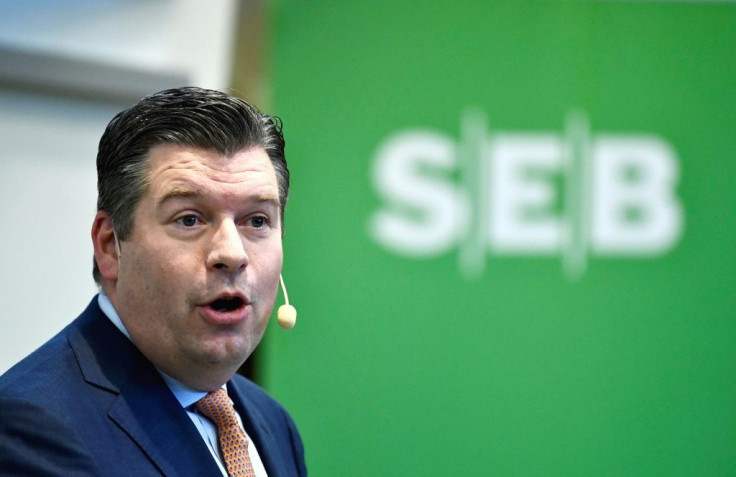Nordic Bank SEB Snared In Money Laundering Scandal: Media

Swedish bank SEB was caught up Wednesday in a massive money laundering scandal as media reported that Baltic branches handled 45 million euros from companies linked to Russian money laundering.
An investigation by news agency TT and broadcaster SVT found that 25 SEB clients recorded transactions with 18 corporate entities linked to the so called Magnitsky affair -- named after anti-fraud crusader Sergei Magnitsky, who died in Russian custody in 2009 while awaiting trial.
Magnitsky, an accountant, went public with details of an alleged fraud by Russian state officials before being arrested in November 2008 over alleged tax evasion.
A total of 90 companies and individuals, either SEB clients or involved in transactions through SEB, were identified as having links to known money laundering cases.
SEB is the latest Nordic bank to be implicated in the scandal, which started with investigations into Danish Danske Bank's operations in Estonia.
Danske, Denmark's largest lender, is the subject of probes in several countries and an independent investigation by law firm Bruun and Hjejle, commissioned by the bank.
That investigation determined that "a large part" of transactions totalling 200 billion euros ($220 billion) between 2007 and 2015 were "suspicious".
When that report was released in October 2018, SEB said it was not likely to be affected, as its operations dealt mostly with local clients, and not international transactions that comprised the bulk of the suspicious transactions.
SEB chief executive Johan Torgeby said at the time that the bank had seen "no red flags" since 2008.
Following questions from media outlets however, SEB published Tuesday historical data on so-called non-resident -- meaning clients based outside Estonia -- flows in SEB's Estonian operations between 2005 and 2018.
The transactions amounted to 84.6 billion euros, of which 25.8 billion was linked to what the bank referred to as "low-transparency" customers.
No such flows were recorded in 2017 and 2018, however, and the bank maintained it had not been the victim of extensive money laundering.
"In the comprehensive analysis that we have made of our business in the Baltics, we have not seen that SEB has been used for money laundering in a systematic way," Torgeby said in a statement.
Since the scandal erupted at Danske Bank, the Swedish bank Swedbank and Finnish Nordea have also been implicated.
© Copyright AFP 2024. All rights reserved.




















